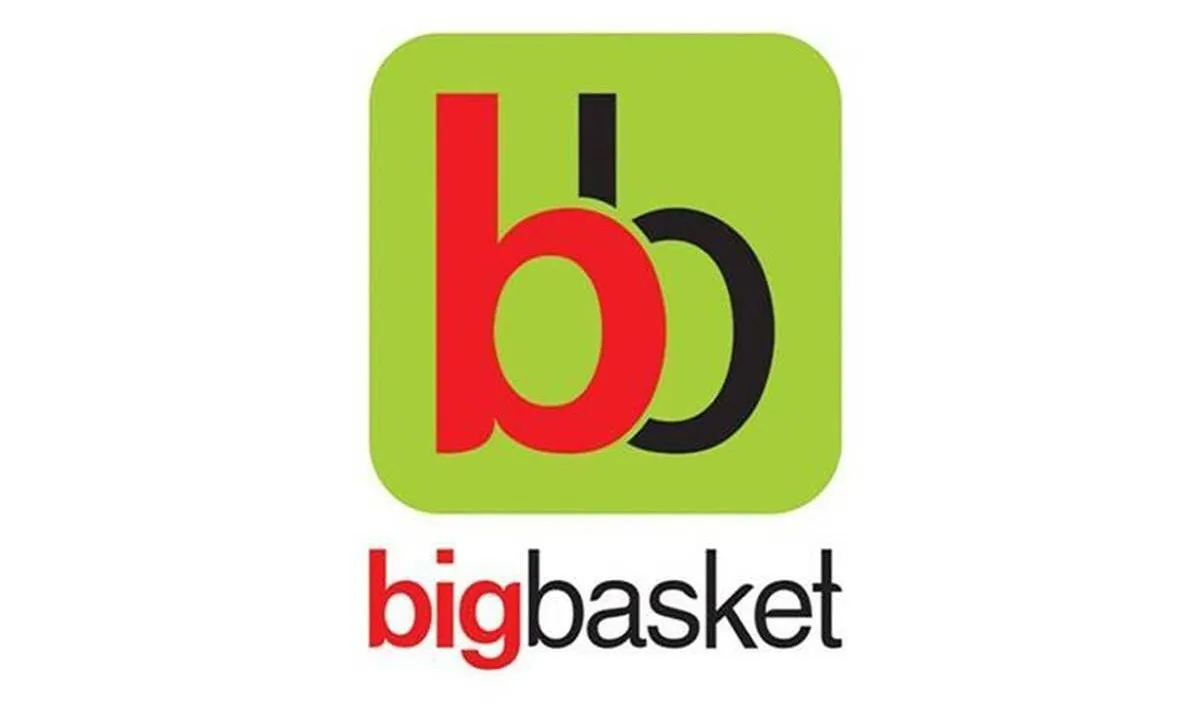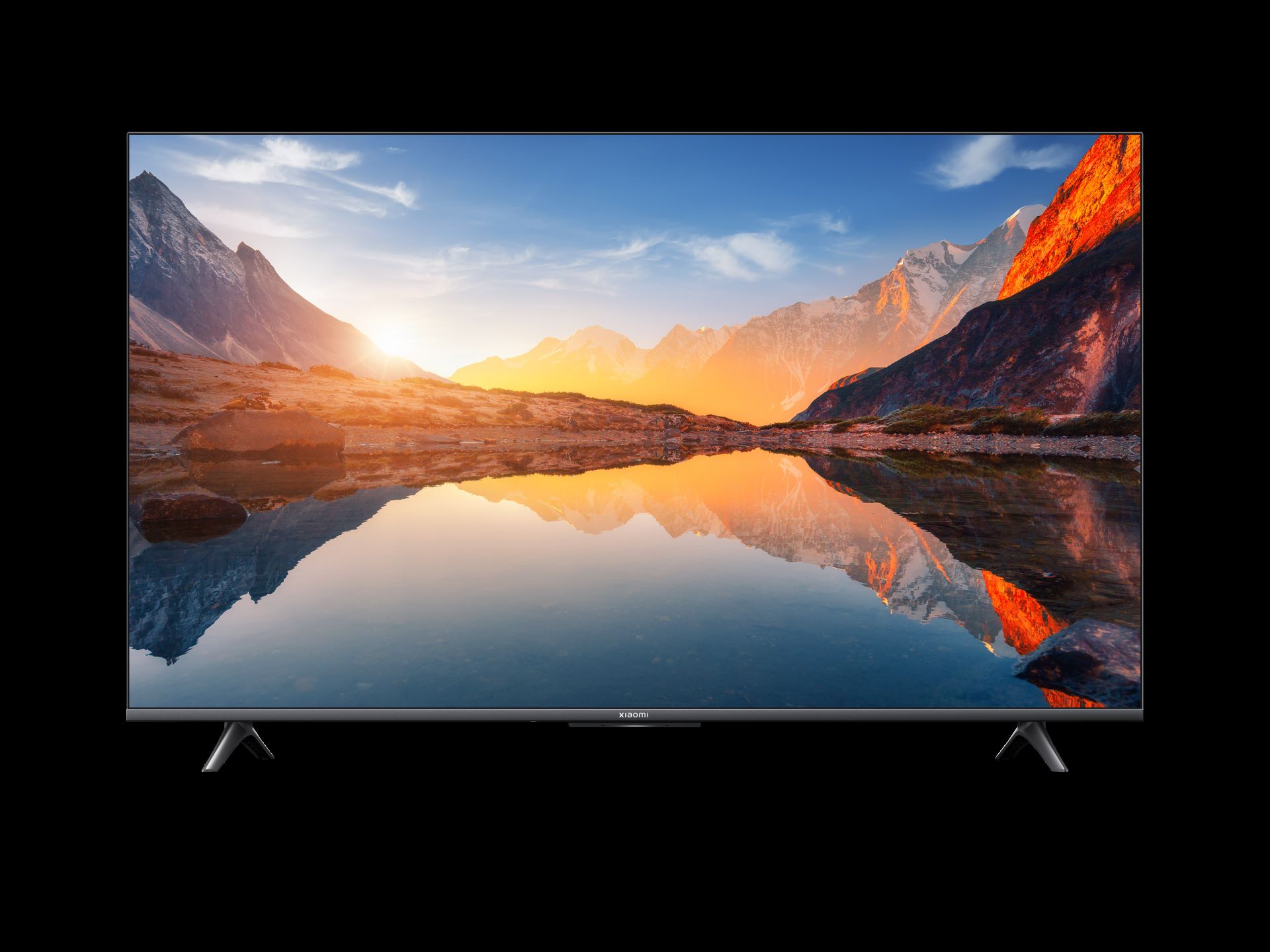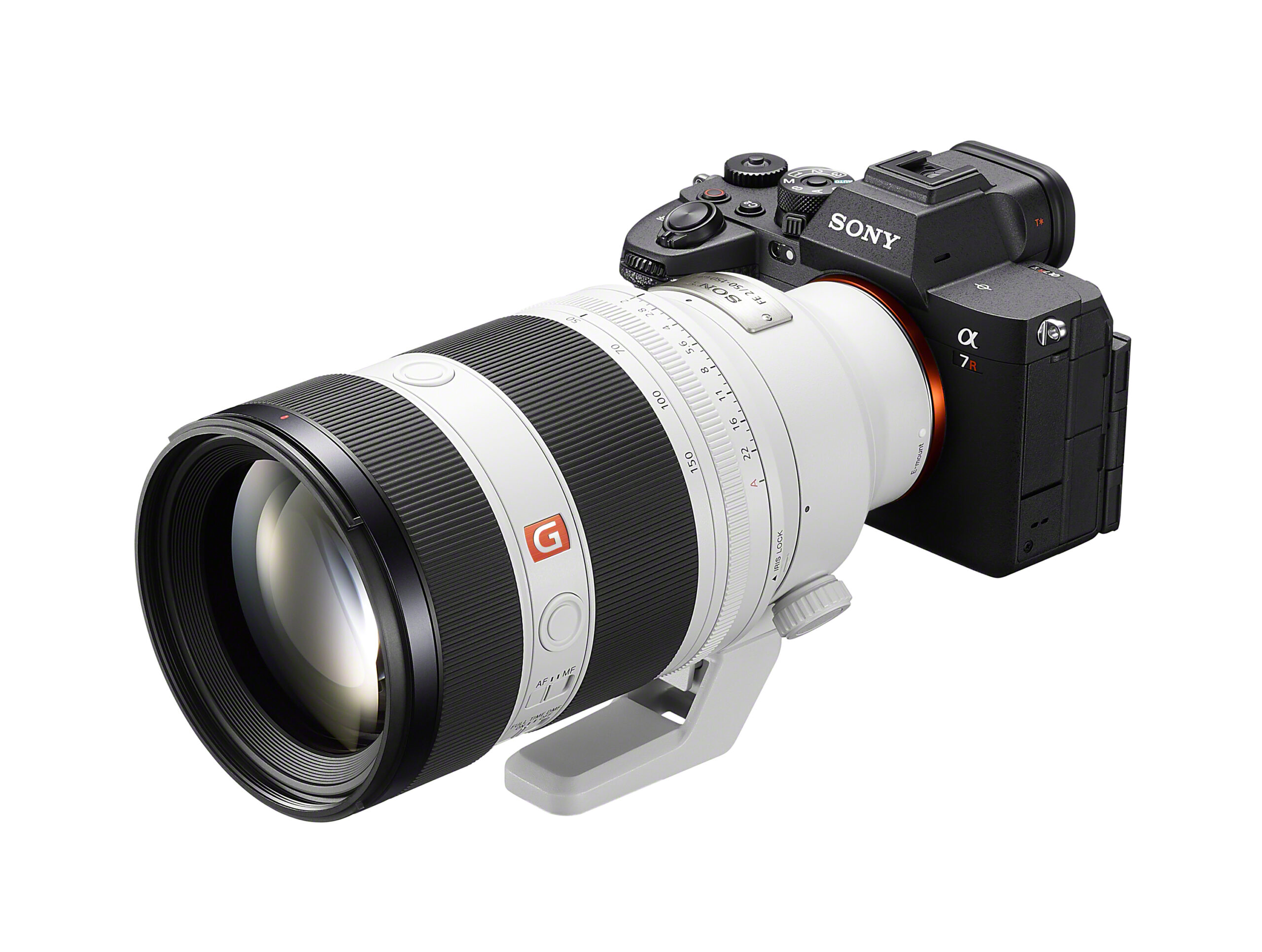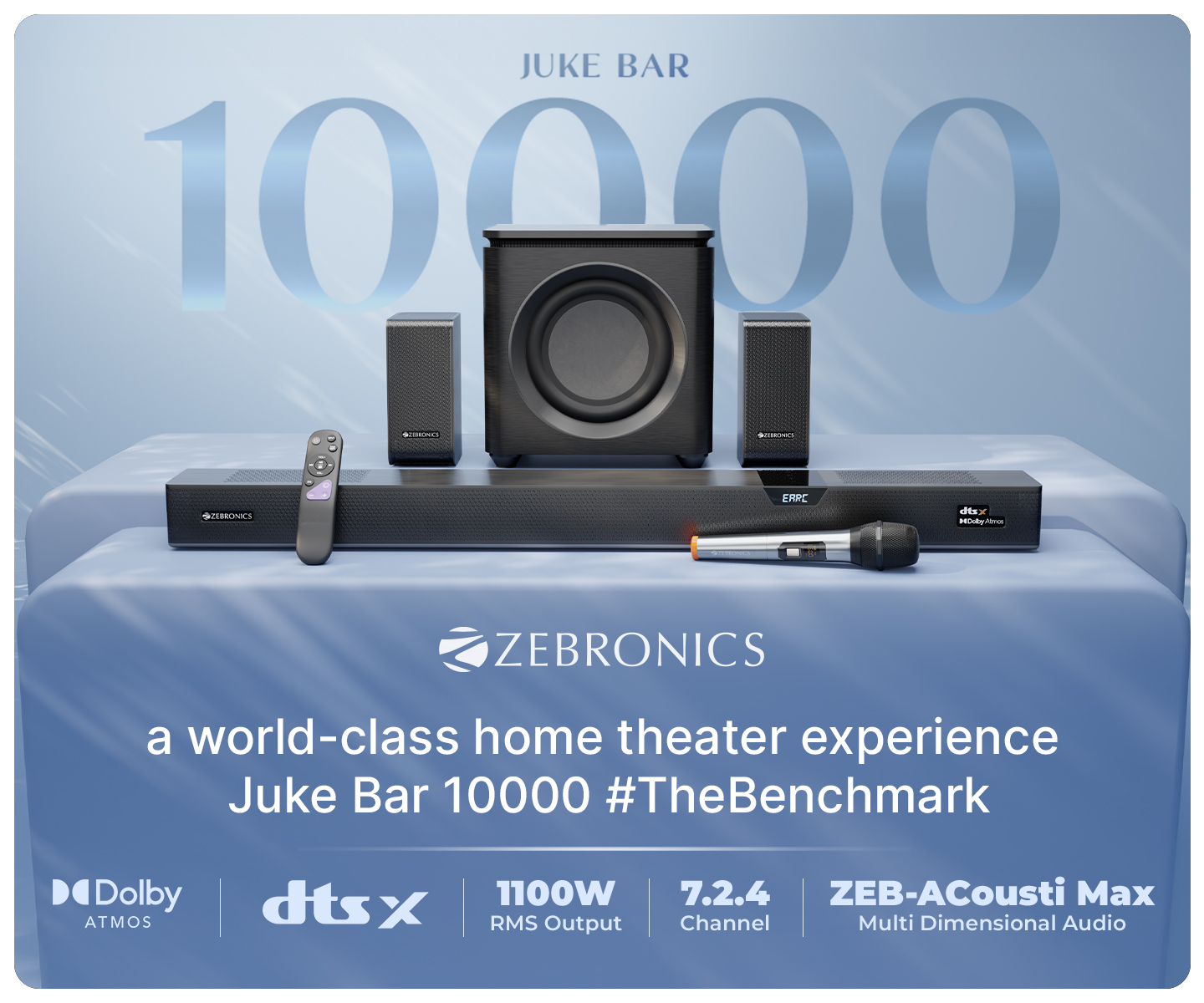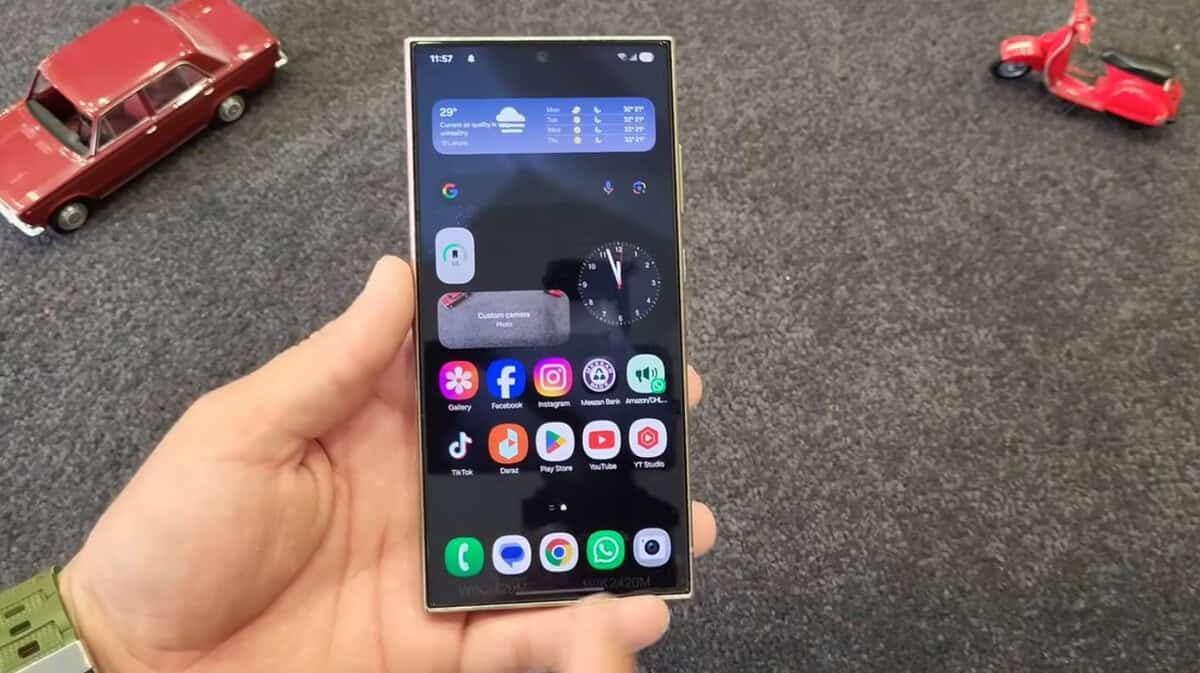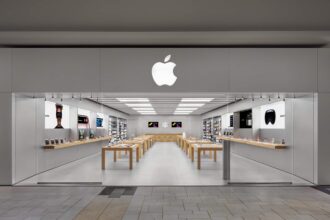BigBasket, the Tata Digital-owned grocery marketplace, is undergoing a significant transformation, planning to focus its entire business on quick commerce. The company aims to capitalize on the rapidly expanding 10-15 minute grocery delivery market, currently dominated by players like Blinkit, Zepto, Swiggy Instamart, and Flipkart Quick.
Key Points:
- Complete Pivot to Quick Commerce: BigBasket’s founders, Hari Menon and Vipul Parekh, revealed that the company will exclusively offer 10-30 minute delivery in the near future. This move is supported by the success of BB Now, their existing quick commerce vertical, which already generates over 50% of their total revenue. The pivot signifies a strategic shift away from the traditional online grocery model towards a more agile and time-sensitive approach.
- Ambitious Financial Goals: BigBasket has set a target of $1.5 billion (Rs 12,400 crore) in total sales for the current fiscal year, with quick commerce expected to contribute over 60% of these sales. The company is also aiming for an IPO in 2025, contingent on achieving profitability. These goals underscore BigBasket’s confidence in the quick commerce segment and its potential for driving substantial growth.
- Financial Performance and Market Share: While BigBasket experienced an 11% increase in revenue in FY23, its losses also surged by 71%. The company anticipates 30-35% revenue growth in FY24. In the quick commerce sector, Zomato-owned Blinkit leads with a 40-45% market share, followed by Instamart, Zepto, and BigBasket. BigBasket’s financial performance indicates the challenges associated with scaling a quick commerce business while maintaining profitability.
- Industry Landscape and Consumer Impact: The rise of quick commerce has revolutionized grocery shopping in India, offering unparalleled convenience. Established players like Amazon and Flipkart have struggled to adapt to this new reality, highlighting the disruptive nature of this model. BigBasket’s strategic shift is likely driven by the quick commerce firms’ expanding product range and improved logistics. Consumers might observe a reduction in discounts and offers as these companies strive for profitability in a price-sensitive market. This shift could also lead to increased competition and innovation in the quick commerce space.
BigBasket’s decision to pivot entirely to quick commerce reflects the evolving landscape of the Indian grocery market. While the company faces challenges in terms of profitability and competition, its focus on quick delivery aligns with the growing consumer demand for convenience and speed. The success of this strategic shift will depend on BigBasket’s ability to execute efficiently, offer competitive pricing, and maintain a strong customer base in the face of fierce competition. The move also underscores the importance of adaptability and innovation in the rapidly changing e-commerce industry.

